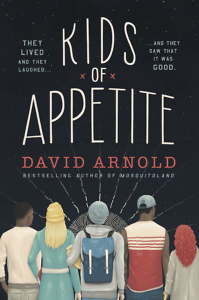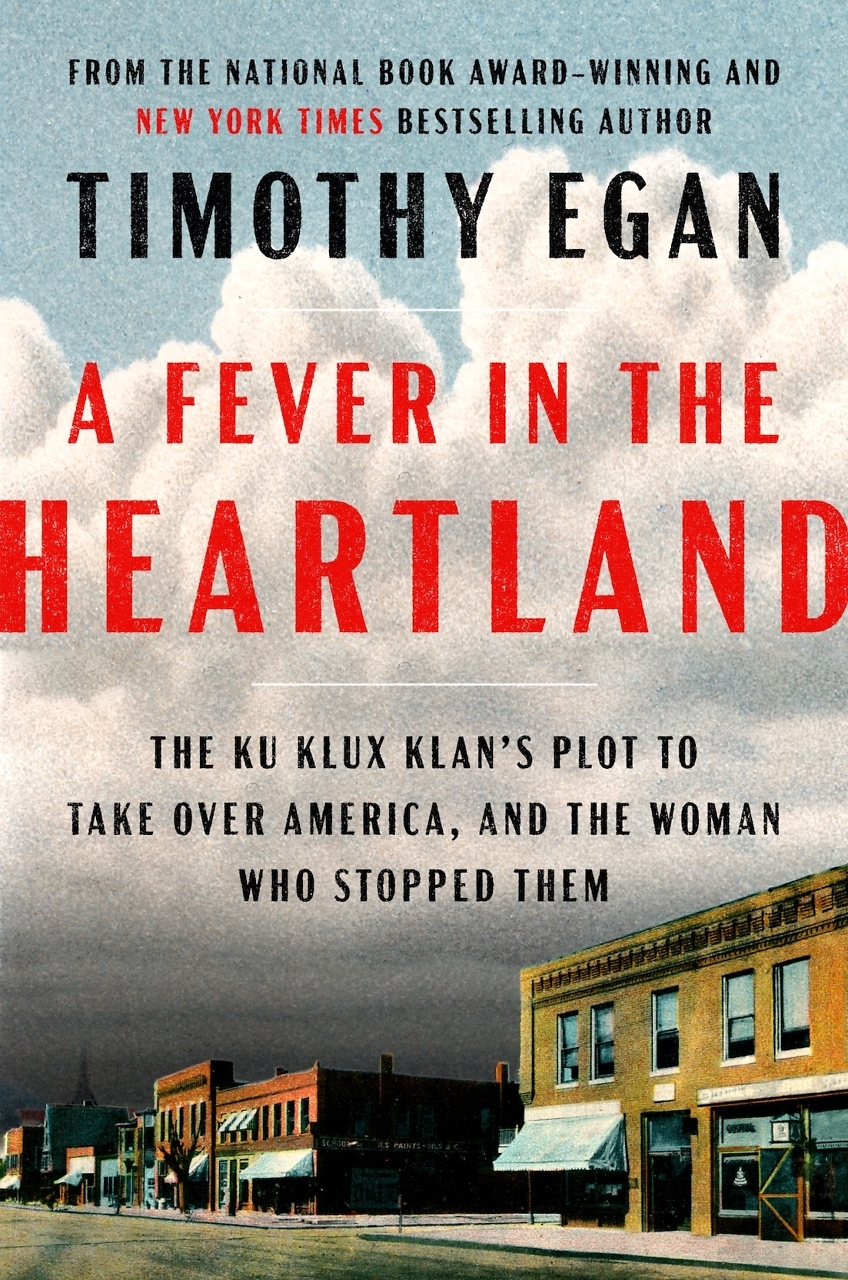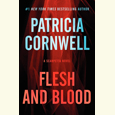The Asymmetry of Friendship
David Arnold’s latest YA novel follows a gang of oddballs on a mission of mercy
Vic Benucci’s views of love are in flux: “I used to think love was bound by numbers: first kisses, second dances, infinite heartbreaks. I used to think numbers outlasted the love itself, surviving in the dark corners of the demolished heart. I used to think love was heavy and hard. I don’t think those things anymore.” Born with a genetic disorder called Moebius syndrome, sixteen-year-old Vic, one of the narrators of David Arnold’s new YA novel, Kids of Appetite, suffers from nearly complete facial paralysis. He cannot smile or frown, sleep with his eyes fully closed, or keep saliva from leaking from the corners of his mouth—conditions which severely limit his social circle.

Vic’s father, always his son’s champion, died of pancreatic cancer two years earlier. “Dad introduced me to Henri Matisse, an artist who believed each face had its own rhythm,” Vic remembers. “Matisse looked for what he called ‘particular asymmetry’ in his portraits. I liked that. I wondered about the rhythm of my own face, and about my particular asymmetry. I told Dad this once. He said there was beauty in my asymmetry. This made me feel better. Not un-alone, just less alone.”
When the bullying and isolation and grief are more than Vic can bear, he listens to his favorite operatic music and thinks about his father’s many theories: “Dad once said the reason some people didn’t like opera was because they listened with their brains and not their hearts. He said most people’s brains were pretty stupid, but hearts could cut through bullshit like an absolute ace.” Vic can’t understand how his mother’s heart could have moved on so quickly, and when her boyfriend (who, inexcusably to Vic, doesn’t know the difference between Tolstoy and Dostoyevsky) asks her to marry him, Vic snaps, grabs the urn containing his father’s ashes, and bolts.
When he finally opens the urn, he discovers a sweet letter that contains a list of five mysterious places from his parents’ shared past—places where his father wants his ashes to be scattered. Soon after that, Vic stumbles upon a local clan of misfits who take him in. A quest is born.
Mad, the other narrator of Kids of Appetite, is a beautiful seventeen-year-old orphan obsessed with S.E. Hinton’s The Outsiders. Mad wants to escape her abusive uncle’s home but feels responsible for the care of her aged grandmother. Her chapters help the reader picture Vic as others see him. Baz, a Congolese refugee and the leader of the group, is writing a book of life stories and collects his subjects by asking two questions of those he meets: “Do you need help?” and “Did you hurt anyone?” Baz’s younger brother, Zuz, does not speak but manages to get his point across via a system of finger snaps. Coco is a redheaded truant and child songwriter who swears like a sailor and can’t stop eating ice cream. Obviously, Vic fits right in.
 Like many young adults, these characters are philosophers: “We are all part of the same story,” Baz believes, “each of us different chapters. We may not have the power to choose setting or plot, but we can choose what kind of character we want to be.” And here’s Vic on his father’s fate: “Consider this: among the billions of people on Earth, there is one you care about, live with, and love; that one person dies and is burned into billions of microscopic pieces; those billions of pieces are placed in one receptacle. Billions to one, one to billions. Sometimes I think love really is bound by numbers.”
Like many young adults, these characters are philosophers: “We are all part of the same story,” Baz believes, “each of us different chapters. We may not have the power to choose setting or plot, but we can choose what kind of character we want to be.” And here’s Vic on his father’s fate: “Consider this: among the billions of people on Earth, there is one you care about, live with, and love; that one person dies and is burned into billions of microscopic pieces; those billions of pieces are placed in one receptacle. Billions to one, one to billions. Sometimes I think love really is bound by numbers.”
Much as he did in his successful debut novel, Mosquitoland, Arnold creates a smart protagonist whose physical and emotional issues render him an outcast but whose dizzying wordplay brings to life a cast of characters so bizarre and yet so basically decent that readers can’t help but cheer them on in their crazy mission. Layers of allusion, odd nicknames, terrible jokes, and obscure references decorate a story structure made of alternating points of view, flashbacks and forward jumps, confusing scenarios, and improbable outcomes.
Although the author’s pyrotechnics never obscure Arnold’s focus on death and loss, there is nothing straightforward about Kids of Appetite except for its heart. To borrow one of Arnold’s goofy tropes, it’s impossible not to root for Vic and Mad to find their own “Singapore happiness”: “It was the kind of happiness I barely remembered, the kind that felt foreign and far away, like Singapore,” Vic says. “I knew people traveled to Singapore, and lots of people lived there. I’d seen Singapore on maps and globes and TV. I took this to mean that Singapore actually existed, even though I’d never been and had no idea how to get there. This happiness was like Singapore.”

A graduate of Auburn University, Tina Chambers has worked as a technical editor at an engineering firm and as an editorial assistant at Peachtree Publishers, where she worked on books by Erskine Caldwell, Will Campbell, and Ferrol Sams, to name a few. She lives in Chattanooga.


